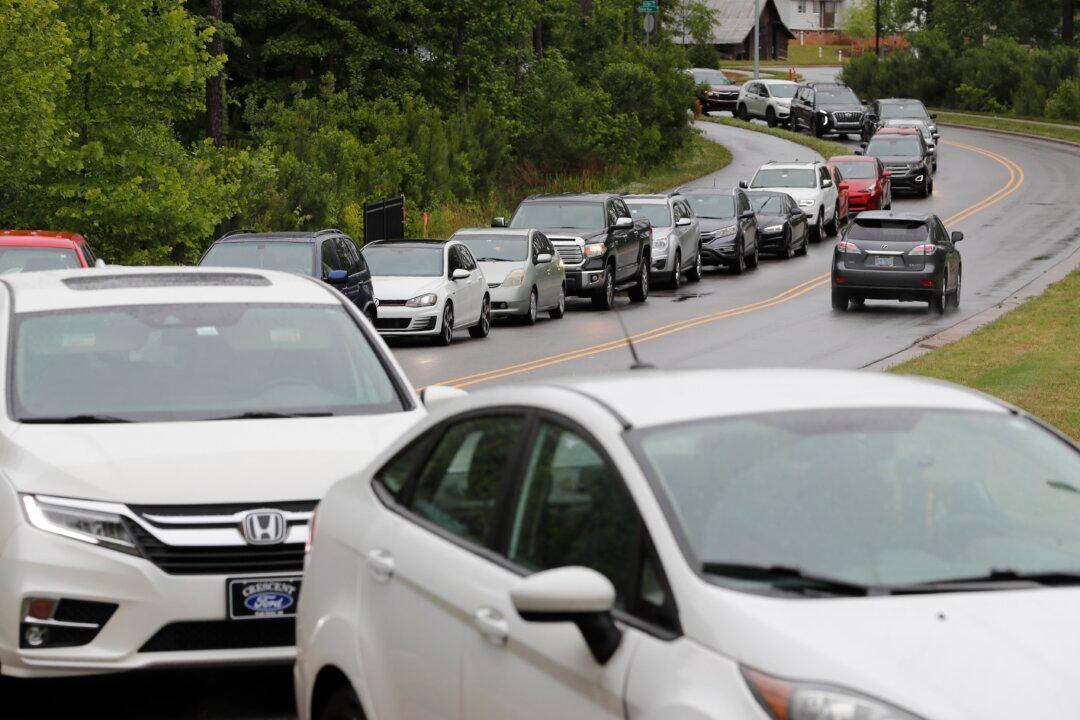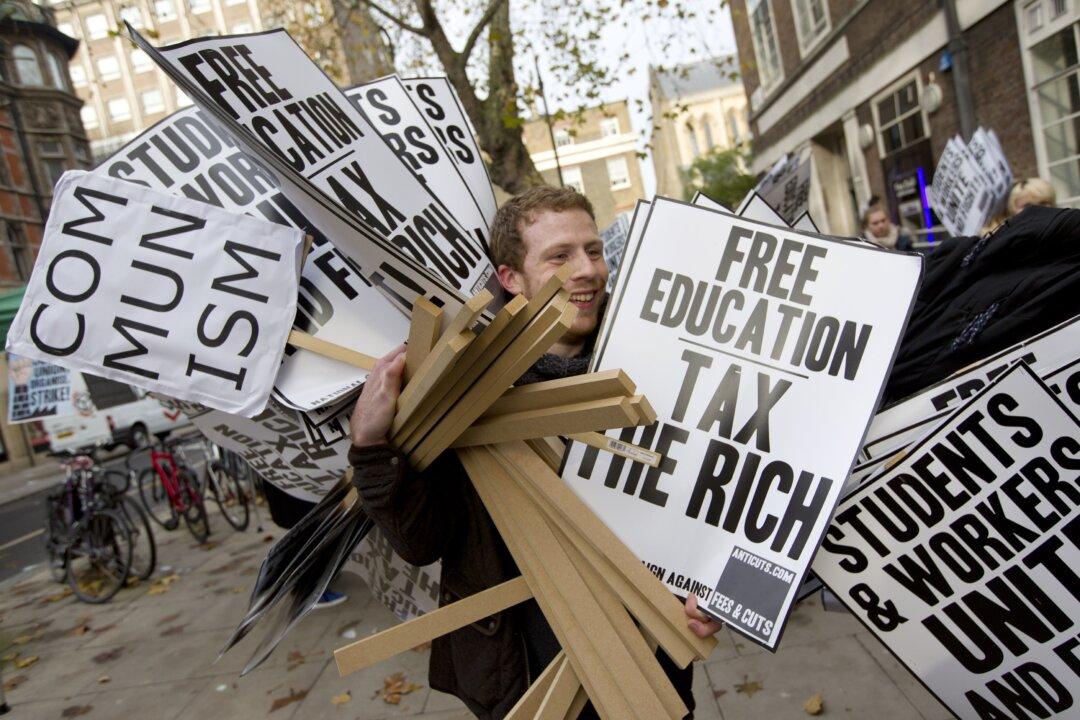Commentary
It’s easy to forget how relatively recent the widespread use of automobiles is. The aunt and uncle who raised me were born when there were fewer than 200 miles of paved roads in the entire country. They lived through the revolutionary transformation that the automobile wrought, ushering in a new era of mobility and independence. Today, we Americans take driving our cars for granted.





